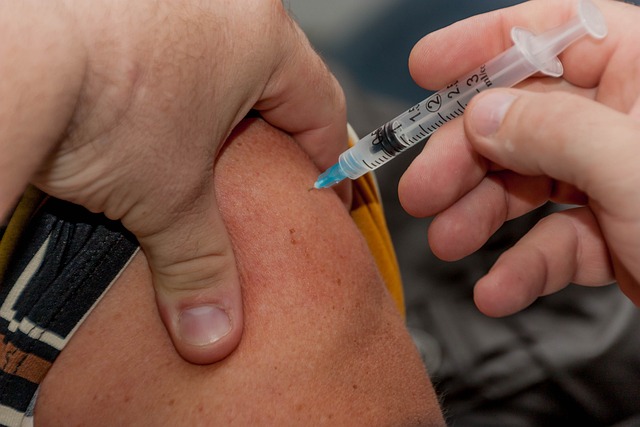
Folks are getting excited about the flu season, which makes them wonder when to get the shot, who should get it, and why it’s important. Being aware of these things can help you and your family stay healthy during the winter.
When Should You Get the Flu Vaccine?
Early fall, preferably by the end of October, is the best time to get a flu shot. This timing allows your body to build up immunity before the flu viruses start spreading widely. Getting vaccinated later in the season can still be helpful, though, since the flu can still be around in the spring.The Centers for Disease Control and Prevention (CDC) says that everyone over the age of six months should get a shot every year. Because the flu shot is changed every year to protect against the most common types of the virus, you need to get a new shot every season.
Who Should Get the Flu Vaccine?
Almost everyone should consider getting the flu vaccine, but certain groups are particularly encouraged to do so:
- Children: Young children are at higher risk for complications from the flu.
- Elderly Adults: People aged 65 and older often have weaker immune systems, making them more vulnerable.
- Pregnant Women: The vaccine is safe during pregnancy and protects both the mother and baby.
- People with Chronic Health Conditions: Those with conditions like asthma, diabetes, or heart disease should get vaccinated to reduce their risk of severe illness.
- Healthcare Workers: Those working in healthcare settings should be vaccinated to protect themselves and their patients.
Even if you are healthy and young, getting vaccinated helps protect those around you who may be more vulnerable.
Why Should You Get the Flu Vaccine?
- Prevention of Illness: The primary reason for getting vaccinated is to prevent getting sick with the flu. The flu can lead to serious health complications, including pneumonia and hospitalization.
- Community Protection: When more people are vaccinated, it helps create herd immunity. This means that even those who cannot get vaccinated—like infants or individuals with certain allergies—are less likely to be exposed to the virus.
- Reduced Severity of Symptoms: If you do catch the flu after being vaccinated, studies show that your symptoms are likely to be milder compared to someone who was not vaccinated.
- Protecting Vulnerable Populations: By getting vaccinated, you help protect those who are at greater risk of severe illness from the flu. This includes older adults, young children, and individuals with chronic health conditions.
- Economic Benefits: Getting vaccinated can reduce healthcare costs associated with treating flu-related illnesses and decrease absenteeism from work or school due to illness.
Conclusion
The flu shot is an easy and effective way to keep yourself and other people from getting the flu. You can help make your town healthier by getting vaccinated every year, especially in the early fall. Remember that getting a flu shot lowers your risk of getting sick, but good hygiene, like washing your hands often and staying away from people who are sick, is also very important in stopping the flu from spreading.Keep up with your health, and get your family and yourself flu shots on time so you are ready for flu season.

